Public Lands Transportation Fellows Explore Federal Opportunities, Meet, and Present at TRB 2024
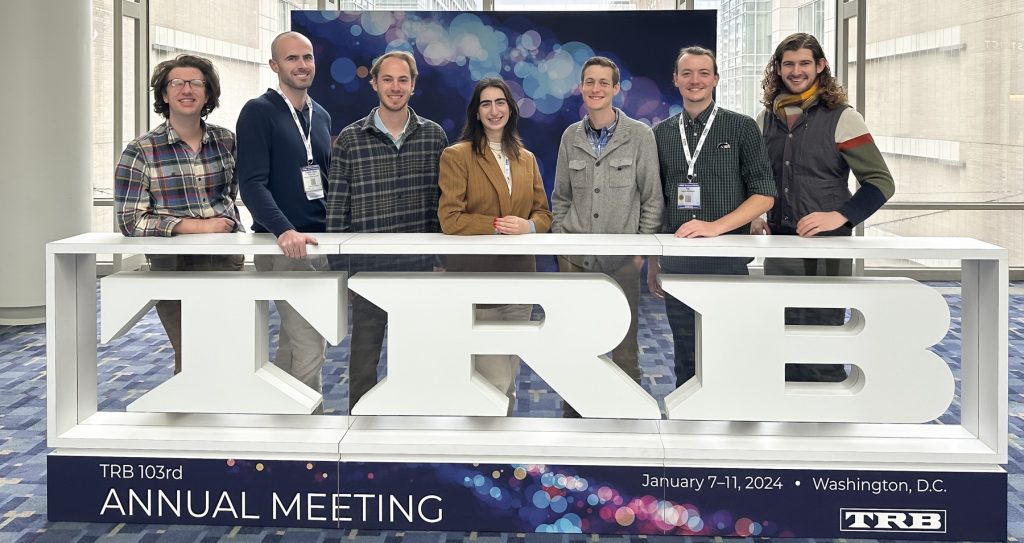
The Public Lands Transportation Fellows (PLTF) program is a collaboration between WTI, the National Park Service, and the US Fish & Wildlife Service, that provides outstanding graduate students with transportation-related fellowships and long-term job opportunities in federal land management agencies. WTI is particularly proud of this program, its participants, and their creativity and problem-solving acumen. […]
WTI Road Ecologists Engage with MSU Students
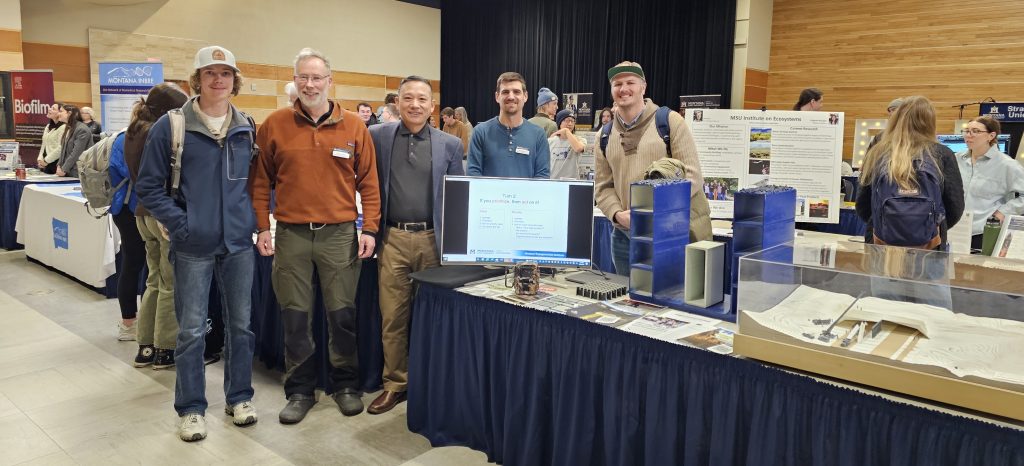
Last month, WTI road ecologists Marcel Huijser and Mat Bell participated in Montana State University’s (MSU) inaugural Undergraduate Research Fair, where they introduced students to WTI and research opportunities within the road ecology group. They hope that it will inspire students to bring their energy and creativity to collaborative WTI projects. “At WTI, undergraduate researchers […]
Week-long Summer Camp Introduces Kids to Transportation Planning
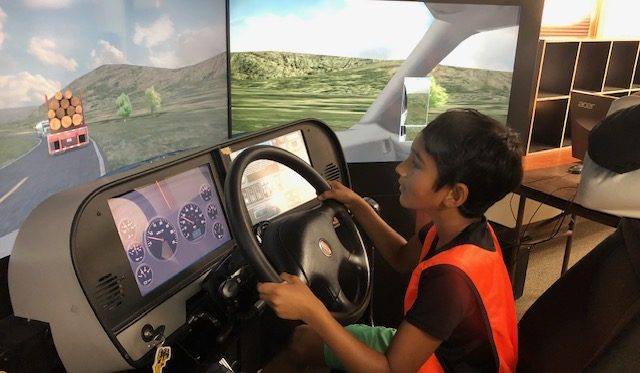
In August, twenty-four Montana middle school students participated in WTI’s weeklong Summer Transportation Camp, held at Salish Kootenai College (SKC) in Pablo, Montana. The camp introduced participants to a wide range of transportation and STEM topics. Students were able to pick out a bike from Free Cycle bike kitchen in Missoula, which they used to […]
MSU Graduate Investigates Presence of Monarch Butterflies and Other Pollinators in Roadside Habitats
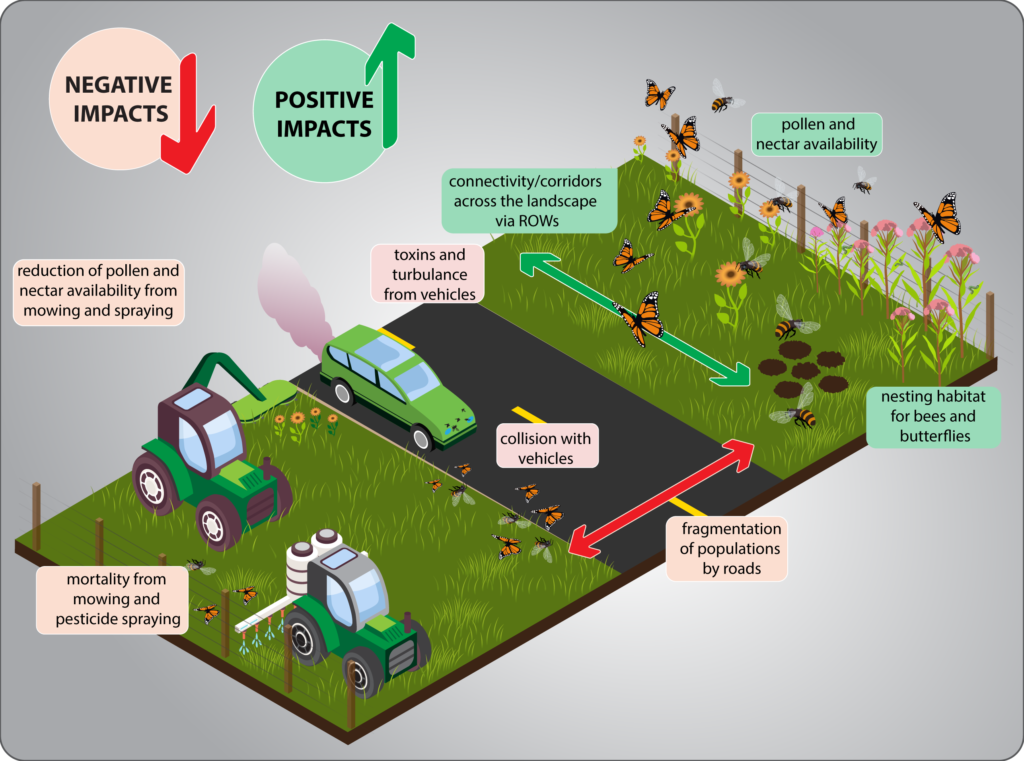
Monarch butterflies (Danaus plexippus), the striking and iconic orange and black insects of postcards and motivational posters, have been in population decline since the 1980s and Thomas Meinzen, a master’s student in Montana State University’s Ecology Department, turned to a largely overlooked environment to save them. His thesis, Bees and Butterflies in Roadside Habitats: Identifying […]
Welcome to New Student Employee, Nathan Harriet!

Please join us in welcoming WTI’s newest student employee, Nathan Harriet, a senior at Montana State University and a native of Billings, Montana. Inspired by his mother, a psychologist, Nathan is working on a degree in Marketing, using color and word selection to influence consumer choices. He’s also a driven student and on track to […]
PLT Fellow to Present NPS Transportation Research
Charlie Gould (B.A., History), a Public Lands Transportation Research Fellow (PLTF), will give his final presentation on innovative and emerging mobility technologies in National Parks on December 13th at 11:00 A.M. EST. The PLTF program assigns recent college graduates to a Federal Land Management Agency (FLMA) unit or field office with a known transportation issue. […]
SUMMER IS HERE – Time for Transportation Camp!
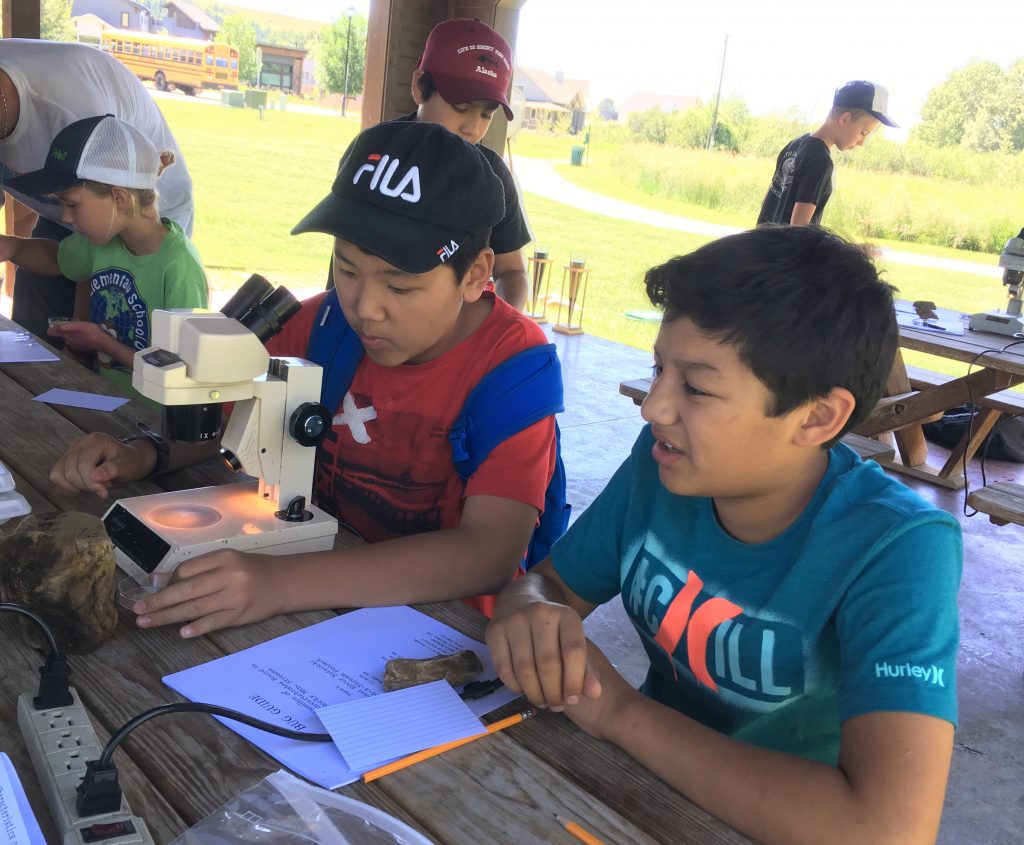
WTI is excited to announce two upcoming sessions of the Summer Transportation Camp at Montana State University – free weeklong camps for middle school students. For: Middle School students (entering grades 6-9 in Fall 2021) What: Two weeklong camps at the MSU Western Transportation Institute (9am – 3pm) to get everyone moving. Each day camp […]
STUDENT NEWS: Meet Alex Musar

Welcome to Alex Musar, who joins WTI this month as an Undergraduate Research Assistant for the summer. He will be working with David Kack, Andrea Hamre, and other WTI team members on a number of mobility projects, including the NADO technical assistance project in Southern Ohio and the MPO Travel Survey project in Montana. Originally […]
NPS Introduces Fellows on Transformation Tuesday
As part of its “Transformation Tuesday” series, the National Park Service (NPS) profiled three fellows from the Public Lands Transportation Fellows (PLTF) program who are currently serving NPS units or projects. PLTF Fellows are assigned to a federal land unit for one to two years, where they lead or support projects that enhance transportation options […]
STUDENT NEWS: CATS Participants Create Designs for Bozeman Park
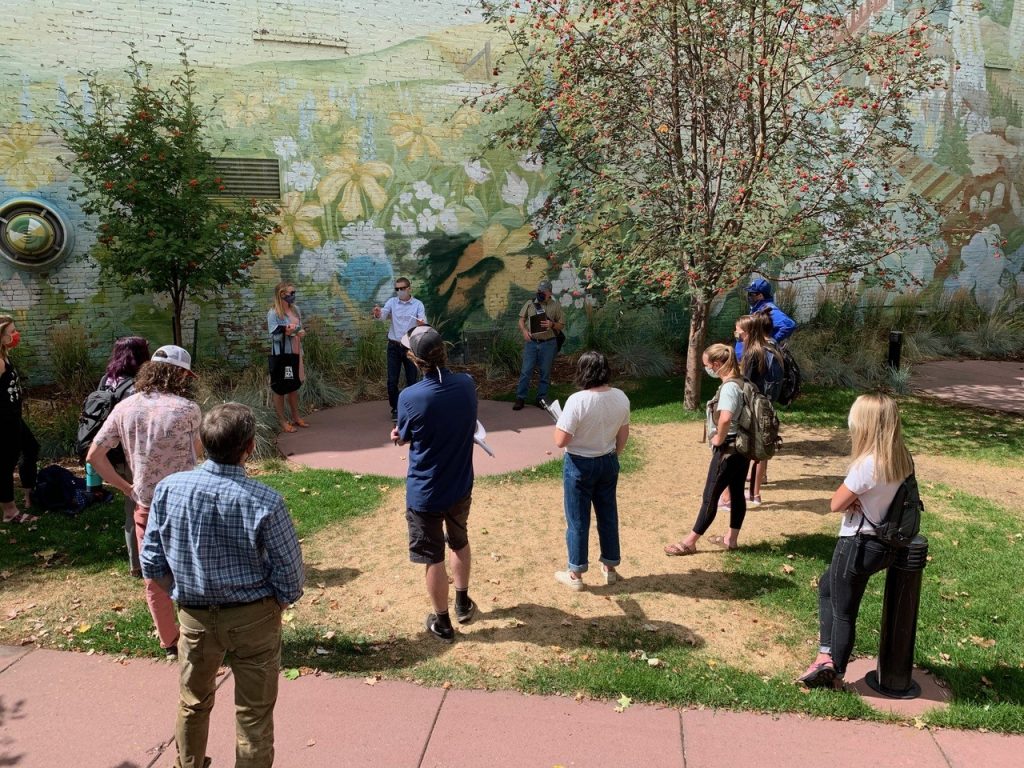
In a recent feature article, Montana State University News Service detailed the contributions of MSU students to future plans for Soroptimist Park in Bozeman, Montana. The students are part of the Community-Engaged and Transformational Scholarship (CATS) program, led by WTI, which matches projects identified and prioritized by Montana communities with students and faculty in relevant […]
